
tonimichelleluttrell
74 posts
Latest Posts by tonimichelleluttrell
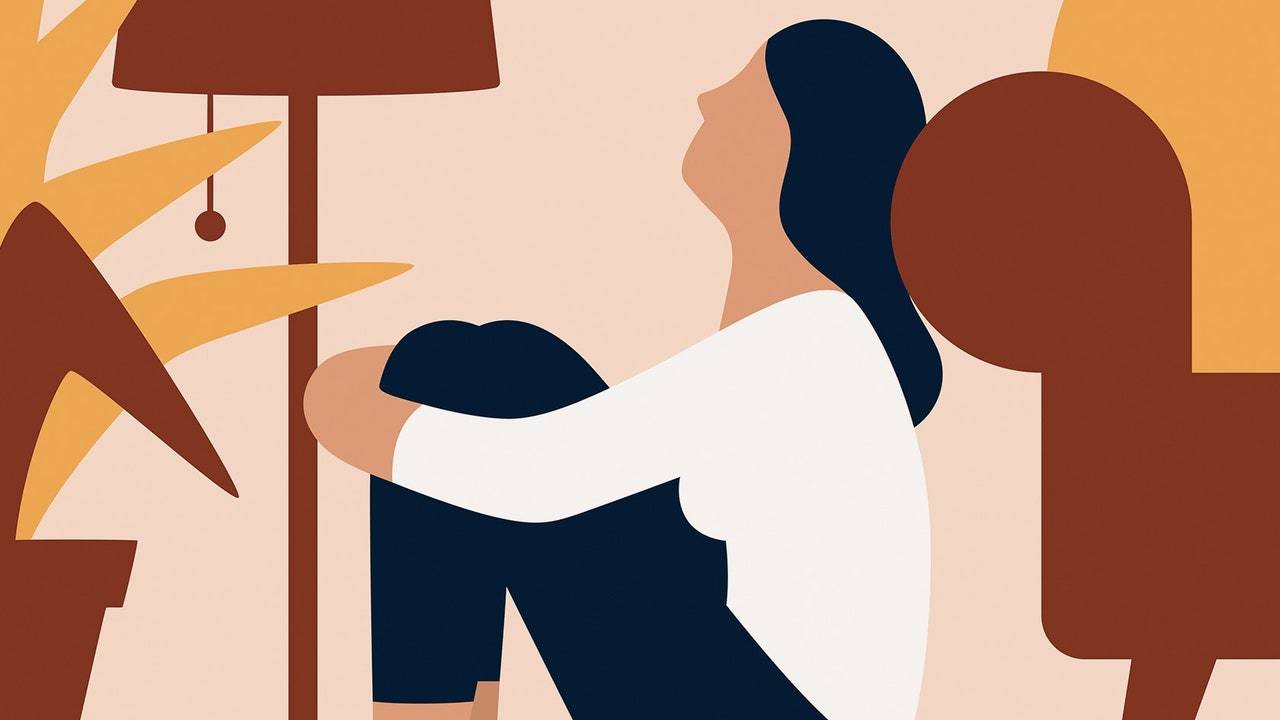
what an article. here are some of the parts that stuck out to me most:








““Go into yourself. Find out the reason that commands you to write; see whether it has spread its roots into the very depths of your heart; confess to yourself whether you would have to die if you were forbidden to write. This most of all: ask yourself in the most silent hour of your night: must I write? Dig into yourself for a deep answer. And if this answer rings out in assent, if you meet this solemn question with a strong, simple “I must,” then build your life in accordance with this necessity; your whole life, even into its humblest and most indifferent hour, must become a sign and witness to this impulse. Then come close to Nature. Then, as if no one had ever tried before, try to say what you see and feel and love and lose… …Describe your sorrows and desires, the thoughts that pass through your mind and your belief in some kind of beauty - describe all these with heartfelt, silent, humble sincerity and, when you express yourself, use the Things around you, the images from your dreams, and the objects that you remember. If your everyday life seems poor, don’t blame it; blame yourself; admit to yourself that you are not enough of a poet to call forth its riches; because for the creator there is not poverty and no poor, indifferent place. And even if you found yourself in some prison, whose walls let in none of the world’s sounds – wouldn’t you still have your childhood, that jewel beyond all price, that treasure house of memories? Turn your attentions to it. Try to raise up the sunken feelings of this enormous past; your personality will grow stronger, your solitude will expand and become a place where you can live in the twilight, where the noise of other people passes by, far in the distance. - And if out of this turning-within, out of this immersion in your own world, poems come, then you will not think of asking anyone whether they are good or not. Nor will you try to interest magazines in these works: for you will see them as your dear natural possession, a piece of your life, a voice from it. A work of art is good if it has arisen out of necessity. That is the only way one can judge it.””
— Rainer Maria Rilke (via amargedom)
Most of the loud, articulate and visible people in the mental illness related communities are people who could, admittedly with outdated terminology, be considered "high functioning."
This makes sense, considering that it takes a certain level of ability and energy to get properly involved in activism of any kind. But here's a reminder not to forget and exclude the rest of us.
Don't forget about the people with cognitive impairments and intellectual disabilities and learning difficulties and don't alienate them by insisting that "just because we're mentally ill doesn't mean we're not intelligent."
Don't forget about the people in institutions like group homes and psych wards and don't alienate them by talking about how "mental illness doesn't mean you have to be locked up in an institution."
Don't forget about the people who are unemployed and/or uneducated and are forced to rely economically on welfare or their loved ones and don't alienate them by saying things like "mental illness should not affect your ability to provide for yourself."
Don't forget about all the people with chronic illnesses and all the people who are treatment resistant and don't alienate them by saying that a full recovery is always inevitable and realistic.
Don't forget about the people who are visibly mentally ill and who can't ever pass as neurotypical and don't alienate them by saying things like "mentally ill people are always just like everyone else."
Every mentally ill person struggles in different ways and I don't mean to invalidate anyone, but I am tired of seeing the more functional people throw less functional people under the bus in the name of activism and reducing stigma.
“Wanting to be someone else is a waste of the person you are.”
— Kurt Cobain (via goodreadss)
Back to school series #2 - HOW TO BE DISCIPLINED

Welcome to this new post of my #backtoschoolseries!! if you haven’t already checked my last back-to-school related post you can do it here :D
The main topic of this post is discipline and how you can learn to manage it. When I was repeating my first med school year I learned how to discipline myself and it let me have a life apart from my studies. I used to wake up every day at 5.45 am for my morning workout, go to uni, come back home and study, cook my meals and go to bed early enough. I was also able to spend some free time with my friends and family during the weekends. This routine helped me manage my time, gave me a sense of accomplishment and made me go to bed almost every day knowing I had my sh*t together.
So how did I manage to develop this busy routine AND pass my first year? Continue to read!
Know the difference between motivation and self-discipline. Motivation is what will get you started, and is powered by your WHY. WHY do you want to go to college? WHY do you want to lose 10 pounds? WHY do you want to run a marathon? All of the answers to these questions are the main motor of your motivation. And motivation is the motor of discipline. Discipline is what will make you study every day so you’ll have those grades that will make you get into the college of your dreams. Discipline is what will make you wake up at 6 am every morning to go for a run. In other terms, discipline is what you need in order to keep going and stay on track. Discipline can’t exist without motivation and motivation is nothing without discipline.
We all practice discipline is some aspects of our life. For some of us, it will be waking up every morning at a reasonable hour in order to not be late for school. For others, it will be taking their medication every day in order to stay healthy. So stop telling yourself you don’t have any discipline or willpower because you won’t even be reading this post otherwise.
Discipline is a skill, and like every other skill, it has to be practiced every day. You have to put effort and focus in what you want to achieve and sometimes you’ll have to literally force yourself to get things done. Like I said in my previous post about motivation, no one really wants to wake up at 6 every morning to do a workout, especially if it’s dark and cold outside, and that your bed is begging you to stay.
Know yourself, and know what your weaknesses are. When you acknowledge these, you can find strategies to overcome them. If you want to go to bed earlier but you’re always on your phone till late at night, try to force yourself to put your phone in another room when you go to bed. If you’re always distracted by your Instagram notifications whilst studying, put your phone in airplane mode, or delete the app from it. If you just can’t control yourself over junk food, just don’t buy it. Remove every temptation so you’ll only focus on what’s important.
Plan your days ahead and plan your future. Again, ask yourself WHY you want to be disciplined, and WHAT the willpower you want to develop will bring into your life. The advantages of you being more disciplined have to overcome the reasons why you shouldn’t be, and that’s how motivation comes in the way.
Know that sometimes sh*t happens. That’s why you need a plan B. Having a backup plan doesn’t mean you don’t believe in your dreams, it just means that you are some kind of realistic about life and you know that it doesn’t always go as you wished it would. Having a plan B will make everything a bit more flexible and you’ll feel less anxious about your goals.
If you’re trying but you just can’t find any willpower in what you want to do, ask yourself if there’s something that’s preventing you from being disciplined. Are you sure you’re doing whatever you’re doing because you want it? Or are you doing it to please someone else? Are you scared of the outcome? Do you feel something is going wrong? It’s really important for you to have this little talk with yourself so you can focus on what you really want in your life because when your goals are genuine and clear, motivation comes by itself and discipline will follow.
Remember that it’s ok to screw up sometimes. You are not a robot and it is totally normal to have days where you don’t feel like it. Resting is also part of the process and will help you clear your vision and regain all the precious energy you need :) Forgive and take care of yourself!
I honestly think this post should be related to my post about motivation (if you haven’t read it already, I invite you to do it now!)
As usual, I hope these tips will be useful! I’m curious to know how do you guys practice discipline :)
(PS : sorry for my english)
Studygram
“To go wrong in one’s own way is better than to go right in someone else’s.”
— Fyodor Dostoyevsky, Crime and Punishment (via books-n-quotes)
5 Reasons Why Depression is Getting More Common

According to the World Health Organization (2019), depression is defined as a mental disorder that results in a lasting sadness, loss of interest in activities that usually bring joy, alongside the lack of motivation to perform daily tasks. It is also often linked with suicide and anxiety disorders. It is also stated that “an estimate of more than 300 million people of all ages suffer from depression, and is the leading cause of disability worldwide” (World Health Organization 2019). Welch (2017) reports that there has been a 4.5% increase in adolescents’ reports of having symptoms of depression. In this article, I will be sharing 5 reasons why depression is getting more common in our society.
1. Genetics
An article by Faris (2016) states that a person who has family members that have suffered from depression are also likely to develop it. Although environmental factors play a part in the risks of developing depression, genetics could also be a possibility. Do you know of any family members that have depression? If so, it could be linked to genetics as well as other factors of influence.
2. Prevalence of Mental Health Awareness
In the society we live in today, mental health awareness is becoming increasingly prevalent. Comparing to 20 years ago, the topic of mental health could still be more stigmatized. By having more awareness on mental disorders such as depression, people…………………………
Continue Reading Here
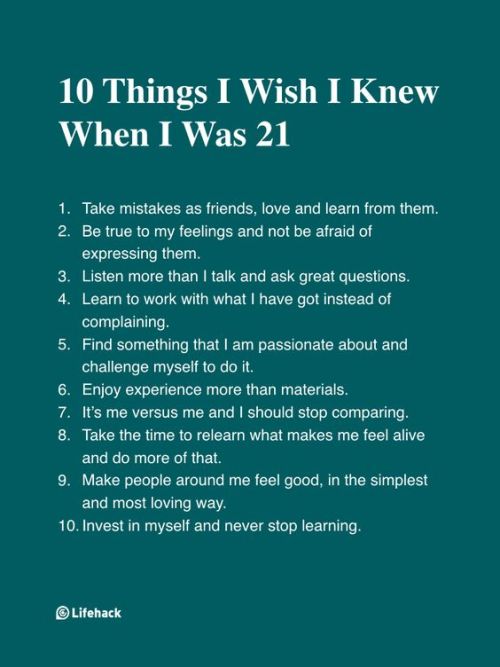
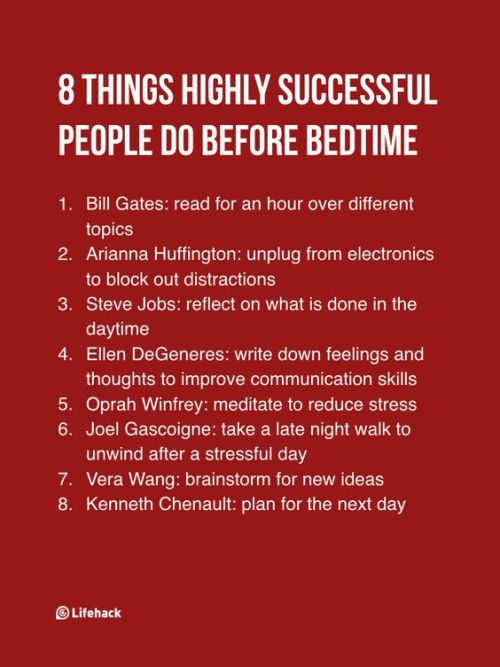

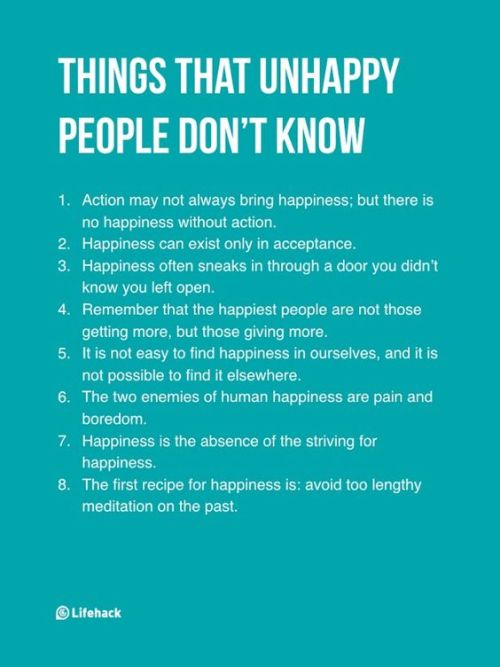
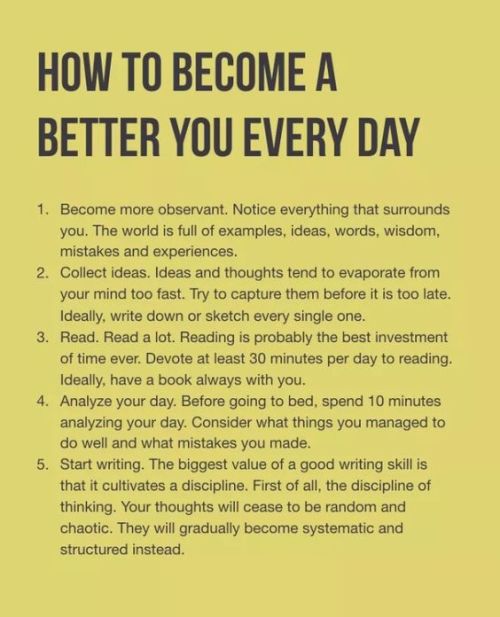
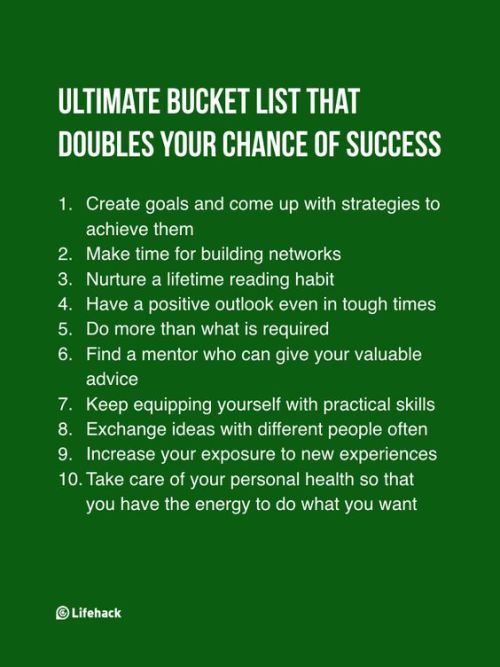
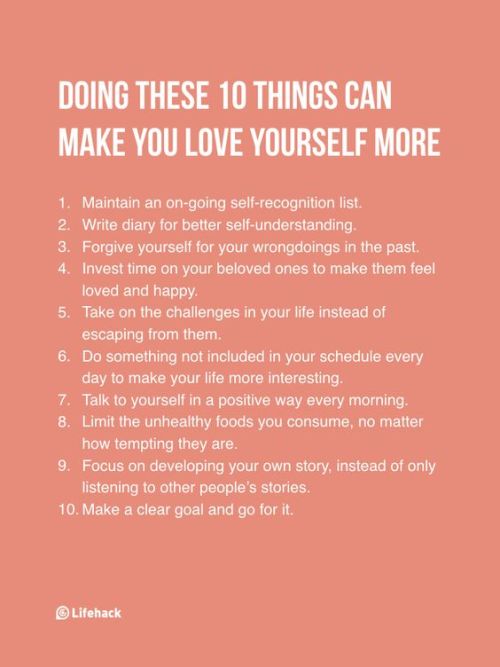
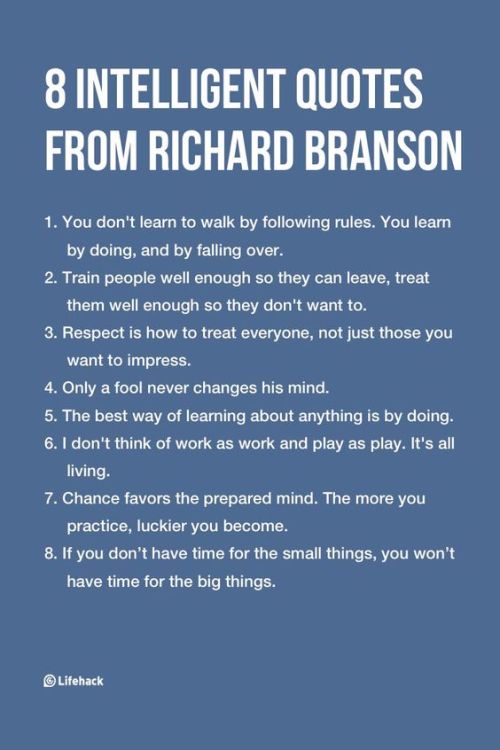
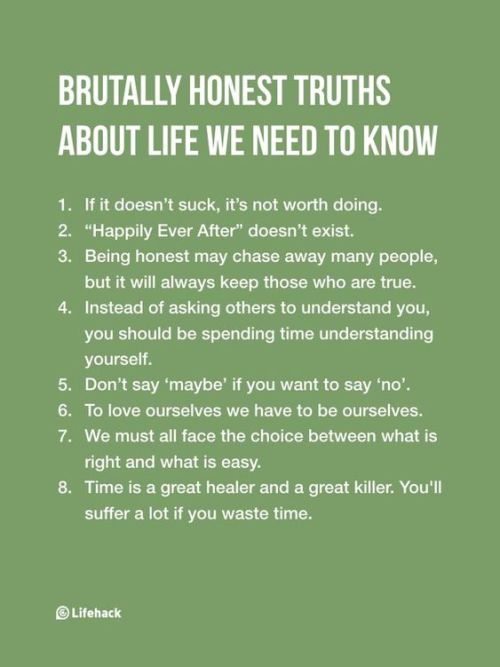

Best Life Lessons To Prepare You For 2019










Did You Know?
The most professional Feiyue shoes Australia on http://www.icnbuys.com/feiyue-shoes-australia.

Psychology Daily - Quotes
Remembering Alfred Hitchcock 🌹on his Birthday 🎁










You know exercise is good for you, but do you know how good? From boosting your mood to improving your sex life, find out how exercise can improve your life.
Kung Fu feiyue shoes on: http://www.icnbuys.com/feiyue-shoes.
follow back










Motivational LIfe Quotes
Women are more likely to die following a heart attack - why?
Largely due to different types of heart attack causing different symptoms. In women, a more ‘subtle’ heart attack is more common.











Life Hacks Simply Your Life
The professional Tai Chi Swords on: http://www.icnbuys.com/tai-chi-swords.









Mindfulness has been proven to have many personal and professional benefits, including discipline, tolerance, calmness, and mental clarity. In a professional sense, mindful thinking and practice has been proven to lead to better productivity and workplace satisfaction. Our Mindfulness program, presented in partnership with the Factor-Inwentash Faculty of Social Work, provides a secularized approach to the traditional Buddhist practice. Designed in such a way that it can be applied to many different areas of professional and personal life, our courses are taught by instructors who have a wide range and depth of experience in a variety of disciplines.
The professional Tai Chi Swords on: http://www.icnbuys.com/tai-chi-swords.
“Once, there stood a tree by the road. High… proud… strong. It stood away from everyone, doing neither good nor harm to anyone. It had never loved anyone, nor had it ever flowered. It was dependent on no-one, and no-one was dependent on it. The tree knew how to keep everyone at bay. The forest, the field… and the road with all its travelers. And it had always been like this. “Say, tree… are you alone here?” asked the cat. “Completely alone,” answered the tree indifferently. “And you are not lonely?” “Not lonely at all,” rustled the tree just as indifferently. “And you never experience sadness, fear or loneliness?” “Never” “I don’t wait for anyone. I don’t need anyone.” “Ah…” said the cat, “how I wish to be independent, live alone, and not grieve for anyone.” “Well now,” said the tree with dignity, “this is not too hard to learn.” “Live with me, observe…” “and when you learn, you will leave and be able to live alone.” “Thank you,” said the cat, and she stayed there. “Where are you going?” moaned the tree. “Goodbye! Now I can live alone,” answered the cat. “Don’t go! You have taught me a lot.” “Stay…” And that is the whole story about the tree. Or rather, about the tree and the cat. Because if not for the cat, the tree would not have had a story to tell.”
— The Tree and the Cat, Written by I. GLEBOVA, Director EVGENII SIVOKON. (via amargedom)

https://iglovequotes.net/

Princess Sophie of Prussia and Victoria (‘Vicky’), Crown Princess of Prussia, 1874
“Childhood ought to be such a happy time, it never returns. I remember what a coward I was as a child over all and everything except the water. I think I had a fairly good nerve when I grew up because my Papa was so kind and patient, and I felt that when he was near nothing could happen to me. If he had scolded and shaken or forced me, I should have been nervous and terrified of him as well. Papa always said he could not bear to think of his childhood, he had been so unhappy and miserable, and had many a time wished himself out of this world.
I always think we grown-up people ought to be so careful how we exact obedience from our children. Obedience that is not cheerful or willing only ruins the character. All that nonsense of ‘breaking the will’ is now recognised as making children vicious and false and sly. Training a child’s will so that it may trust willingly to the guidance of its elders, and believe in their protection, has obtained far happier results than enforcing a dogged obedience, as the child is not convinced that it is wrong but only dreads the consequences of displeasing its elders. But all this we only realise when we are older and have seen something of the world and of character and of childhood.
For all these reasons I am so much for the 'Kinder Garten’, and against the dreadful old system of 'infant schools’, where poor little things were chiefly instructed to sit still and obey like little machines or tiny recruits, which is so utterly the reverse of a child’s nature, that wants constant movement and change and liberty, as well as love and kindness, to grow like a young plant in the sunshine.”
- Vicky
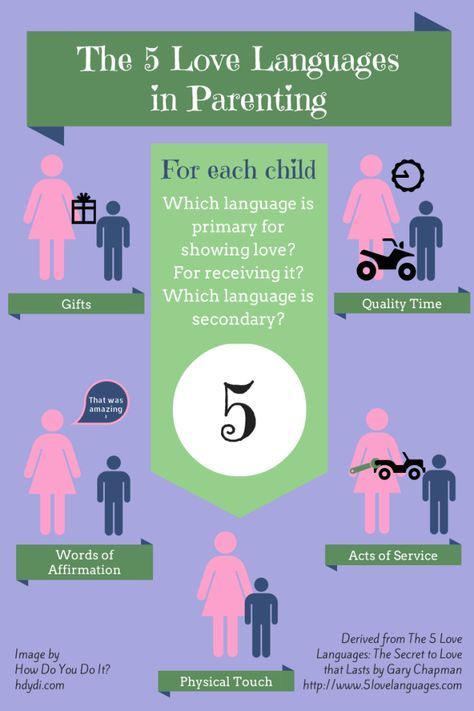
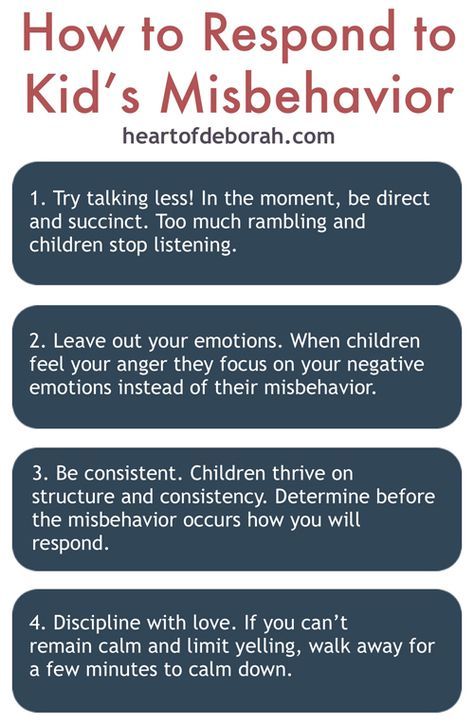


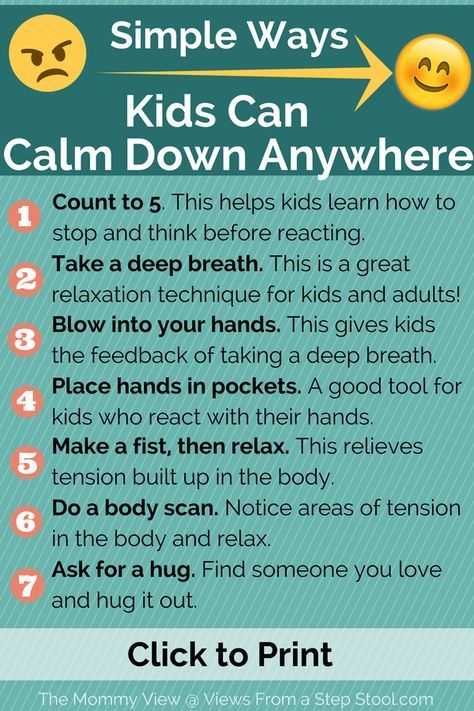

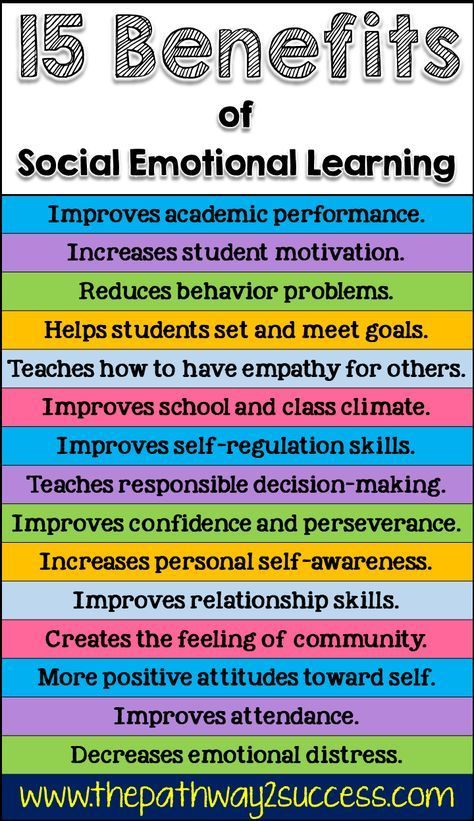



Incredibly Helpful Charts For New Parents










Did you know?






“Now that I am in my third year of medical school, I have started to see how health care disparities can have significant impacts on the management and prevention of disease. It is my hope that as the culture of medicine changes ever so slowly more physicians will be aware of the disparities and develop cultural humility to better serve their patient populations.”
An article on health disparities in medicine, by Stephanie Dreikorn at University of California, Riverside School of Medicine
Help us to save the marine animals 🌊

The role plastic products play in the daily lives of people all over the world is interminable. We could throw statistics at you all day long (e.g. Upwards of 300 MILLION tons of plastic are consumed each year), but the impact of these numbers border on inconceivable.
For those living on the coasts, a mere walk on the beach can give anyone insight into how staggering our addiction to plastic has become as bottles, cans, bags, lids and straws (just to name a few) are ever-present. In other areas that insight is more poignant as the remains of animal carcasses can frequently be observed; the plastic debris that many of them ingested or became entangled in still visible long after their death. Sadly, an overwhelming amount of plastic pollution isn’t even visible to the human eye, with much of the pollution occurring out at sea or on a microscopic level.
The short-lived use of millions of tons of plastic is, quite simply, unsustainable and dangerous. We have only begun to see the far-reaching consequences of plastic pollution and how it affects all living things. According to a study from Plymouth University, plastic pollution affects at least 700 marine species, while some estimates suggest that at least 100 million marine mammals are killed each year from plastic pollution. Here are some of the marine species most deeply impacted by plastic pollution.
Sea Turtles
Seals and Sea Lions
Seabirds
Fish
Whales and Dolphins

–> GET SAVE THE WORLD UNISEX T-SHIRT HERE <–

–> GET THE BOHEMIAN TROPICAL LEG CHAIN HERE <–

–> GET THE STARFISH EARRING HERE <–

–> GET THE SEA SHELL NECKLACE HERE <–

–> GET THE MERMAID TAIL NECKLACE HERE <–

–> GET THE WAVE BANGLE BRACELET HERE <–

–> GET PROTECT OUR OCEAN T-SHIRT HERE <–

–> GET THE “OCEAN SOUL” LAYERED NECKLACE HERE <–

–> GET THE WAVE RING HERE <–

–> GET THE WAVE NECKLACE HERE <–

–> GET THE BOHEMIAN SUMMER SHELL ANKLET HERE <–

–> GET THE PARACORD WHALE TAIL BRACELET HERE <–

–> GET THE WAVE EARRINGS HERE <–

–> GET KEEP OUR OCEAN BLUE T-SHIRT HERE <–

–> GET THE WHALE TAIL NECKLACE HERE <–

–> GET THE BOHEMIAN SUMMER ANKLET HERE <–

–> GET THE SUMMER SHELL NECKLACE HERE <–

–> GET THE OCEAN PEARL BRACELET HERE <–

–> GET THE OCEAN TURTLE NECKLACE HERE <–

–> GET THE BOHEMIAN STARFISH ANKLET HERE <–

Every purchase supports Ocean Conservation. We give 15% of our profits to Organizations that bravely fight for Marine Conservation.

You’re not JUST a ...
A long time ago before I studied medicine, before even biomedicine, I used to volunteer in hospital. It was scary at first; most teenagers are out there having a life, meanwhile you’re wandering around on wards. At first, I was worried I would get in the way. I mean, important stuff happens in hospital, right? There are lots of busy doctors and nurses rushing around and doing important things. Things that actually matter to patient care. I didn’t want to get in their way. I was even worried I’d trip up an important cable or get in the way of a ward round or something! As volunteers we could do all sorts of little jobs that other people weren’t being paid to do. We would go around with the library trolley or shop trolley. Or help re-stock gloves, hand gel and things like that on the wards. We directed lost visitors around the site. We helped with lunches. If you were unlucky, you’d be asked to do something less exciting like stuff envelopes. But sometimes, after a tiring week of revision, it was actually a nice break. I challenged myself to be as efficient at the repetitive tasks as I could be; they usually ran out of tasks sooner than expected! Pretty often, we got to chat with patients, which I really enjoyed. I got to know a lot of the ward sisters, and all the staff were really welcoming and pleasant. I had little interaction with the doctors, though they were always polite and friendly when I was selling the poor juniors snacks from the shop trolley, which must have been a lifesaver in itself! I didn’t interact with the medical students. It never occurred to me to ask them questions about medicine; the mere thought of approaching anybody who was somebody was terrifying. I didn’t think what I did was meaningless, but I did feel it wasn’t that special. It was just all I could do at the time. And that was enough for me. When I was a student, I still felt like an outsider in hospital. It takes all your guts to wander into a strange ward or an operating theatre armed with nothing more than your ID badge and a clinical handbook of medicine, and say ‘I’m… I’m the medical student?’ when they ask you who you are. To which they usually reply ‘Eh? I thought they were coming next week…’. I can’t count the number of times I uttered the words ‘I’m just a medical student’. Because I couldn’t diagnose or treat or prescribe, it was easy to sometimes feel that whilst we were learning, we weren’t really doing anything to help. I remember our doctor tutors frequently telling us ‘you’re not just a medical student.’. It was pretty nice that they cared, but it didn’t stop us apologising constantly. It’s not that easy to change how you feel, after all. At some point, I resolved to stop using those words. And if I remember correctly, I mostly succeeded. But I only really gave them up when I had to: when those things actually became my job. The further along we got, the more we wanted to learn how to do everything, and the more we devoted ourselves to mopping up any jobs we could help with. I loved to devote time to talking to patients; I couldn’t ‘clerk’ as a student without being drawn into long rambling conversations. I didn’t feel as invisible as when I was a volunteer, but you feel so constrained by what you can’t do that it’s still easy to overlook what you can. Especially when you first start on the wards. But now, as a doctor, I can really appreciate that what I did back then wasn’t really insignificant at all. Not by a long shot. Because now, more than ever, I have to rely on every other person to do all the things I can’t do. Back when I was doing these things, I thought they weren’t that important because anyone can do them. Now I realise that although anyone can do them, most people in hospital can’t. Because there are so many other things that need doing. So many. When there aren’t gloves anywhere, and there is no hand gel in any of the dispensers, it makes doing my job safely that little bit harder. When the proformas aren’t in place or cupboards aren’t stocked or the ward is a mess, life is a little harder. When the OR isn’t cleaned, it takes longer for the next operation to happen. When my patients are lonely, it makes their stay in hospital more painful than it should be. When there’s nobody there who can do bloods or a cannula or even just fill out some blood forms, we can become swamped in lots of little tasks. Add all these little things up, and you’ve got some pretty stressed doctors and nurses! To anybody out there who feels insignificant because they’re ‘just’ helping with the little tasks; thank you. We couldn’t do it without you.
I remember first learning that you can cry from any emotion, that emotions are chemical levels in your brain and your body is constantly trying to maintain equilibrium. so if one emotion sky rockets, that chemical becomes flagged and signals the tear duct to open as an exit to release that emotion packaged neatly within a tear. Everything made sense after learning that. That sudden stability of your emotions after crying. How crying is often accompanied by the inability to feel any other emotion in that precise moment. And it is especially beautiful knowing that it is even possible to experience so much beauty or love or happiness that your body literally can’t hold on to all of it. So what I’ve learned is that crying signifies that you are feeling as much as humanely possible and that is living to the fullest extent. So keep feeling and cry often and as much as needed
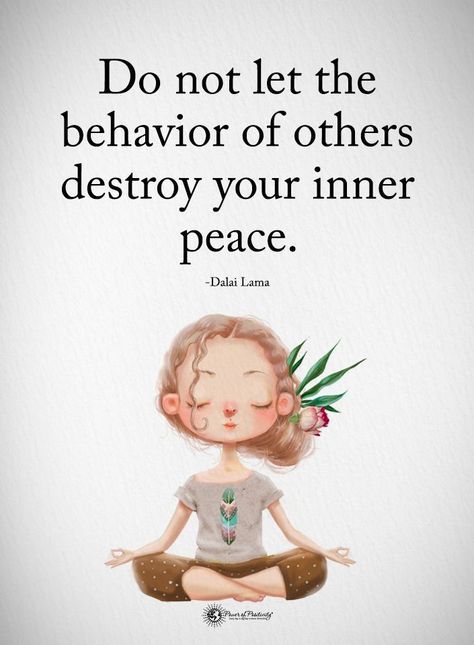
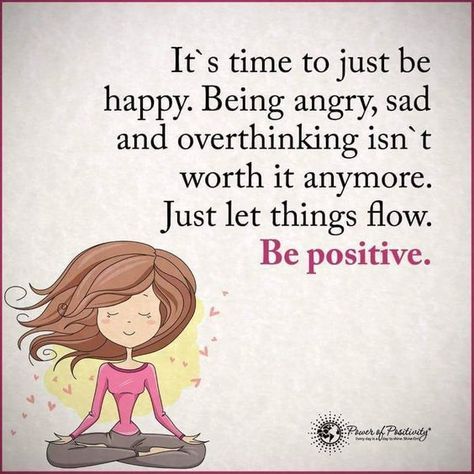
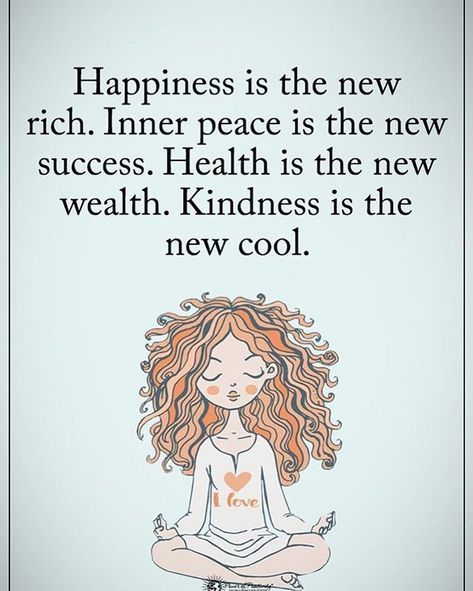
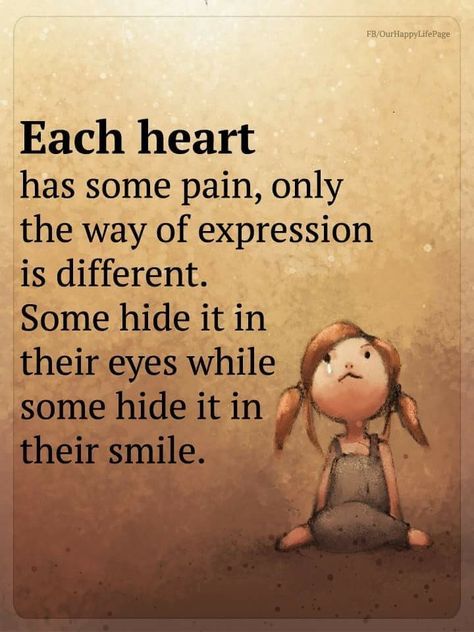
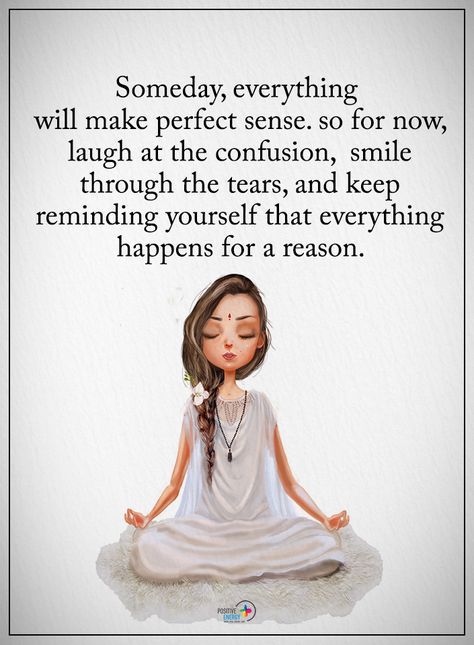
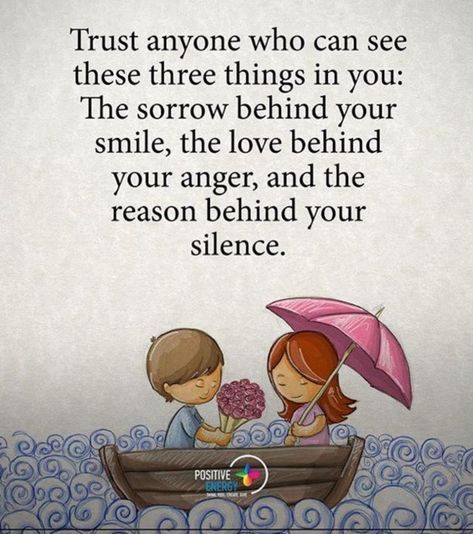
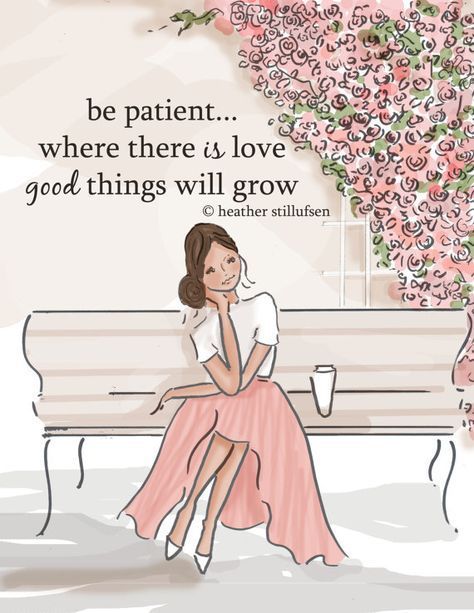
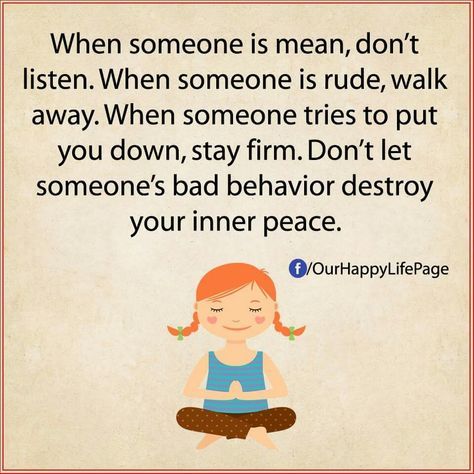
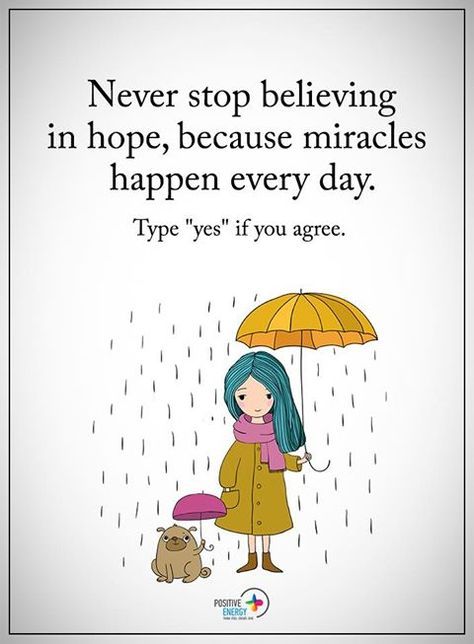

Inspirational Deep Positive Quotes
Death Comes Knocking
I’ve been thinking about death. Death in a hospital is so strange. Death to a nurse is even stranger.
We recently discharge a patient who had spent 116 days on our unit. She was crazy and hated everyone. Refused cares, assessments, vitals, everything. Called every morning at 3am on the dot for coffee. She was famous for hoarding anything and everything we took into her room. From boxes of gloves to mouth wash bottles to spoiled food.
We couldn’t wait until she was gone.
A few nights ago we found out that she had been readmitted to a different unit in our hospital. A telemetry unit. We all laughed and couldn’t believe she was back. She had only been gone for two weeks.
Then, a couple nights ago, we heard the call overhead. Code blue. Her room. Myself and the nurse I was working with stared at each other, dumbstruck. We couldn’t believe that the old, stubborn bat that had spent 116 days with us was dying two floors down.
She passed that night. And we did what nurses do. We joked. From the outside I’m sure we all sounded macabre and sadistic, the way we talked about all her outbursts and how she would be hoarding in heaven now. We joked about death like it was a friend. I guess it kind of is.
See, to us nurses Death is a friend. We walk the halls with him, joke with him. We have an agreement. He doesn’t get in our way and we don’t get in his. We let those who have made the decision to do so go peacefully. We stand vigil with Death. He waits patiently as we make sure they aren’t in pain. Drip after drip we fill their bodies with the poison that allows them to meet Death peacefully.
Then there are the other ones. The ones where Death has gotten a little antsy. He hasn’t stuck to our agreement. And we do what we are trained to do. We fight. Violently. We fight for the life that this patient wasn’t ready to give up yet. We yell and we scream at our friend, Death. We break ribs with our compressions. We burn veins with our drugs. And if we are lucky that patient lives and we go on with our friendship, our agreement, with death.
But sometimes we aren’t. Sometimes no matter how many ribs we break or how many veins we burn, it’s not enough. Death gets his prize. And in that moment we hate him. And we hate ourselves a little too. Because we know that we are going to come back tomorrow night, shake hands with Death, and reforge our agreement. Because Death is part of the job.

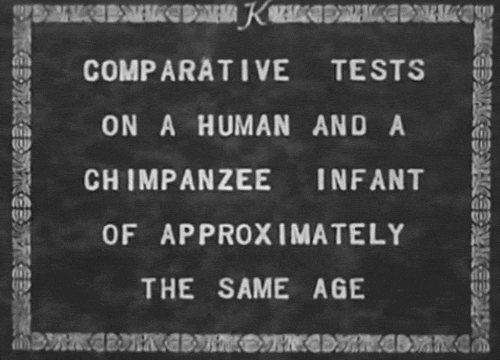






The recent release of “Dawn of the Planet of the Apes“ reminded me of one of my favorite ape vs. man films – this 1932 video that shows a baby chimpanzee and a baby human undergoing the same basic psychological tests.
Its gets weirder – the human baby (Donald) and the chimpanzee baby (Gua) were both raised as humans by their biological/adopted father Winthrop Niles Kellogg. Kellogg was a comparative psychologist fascinated by the interplay between nature and nurture, and he devised a fascinating (and questionably ethical) experiment to study it:
Suppose an anthropoid were taken into a typical human family at the day of birth and reared as a child. Suppose he were fed upon a bottle, clothed, washed, bathed, fondled, and given a characteristically human environment; that he were spoken to like the human infant from the moment of parturition; that he had an adopted human mother and an adopted human father.
First, Kellogg had to convince his pregnant wife he wasn’t crazy:
…the enthusiasm of one of us met with so much resistance from the other that it appeared likely we could never come to an agreement upon whether or not we should even attempt such an undertaking.
She apparently gave in, because Donald and Gua were raised, for nine months, as brother and sister. Much like Caesar in the “Planet of the Apes” movies, Gua developed faster than her “brother,” and often outperformed him in tasks. But she soon hit a cognitive wall, and the experiment came to an end. (Probably for the best, as Donald had begun to speak chimpanzee.)
You can read more about Kellogg’s experiment, its legacy, and public reaction to it here.
Largest Batch of Earth-size, Habitable Zone Planets
Our Spitzer Space Telescope has revealed the first known system of seven Earth-size planets around a single star. Three of these planets are firmly located in an area called the habitable zone, where liquid water is most likely to exist on a rocky planet.
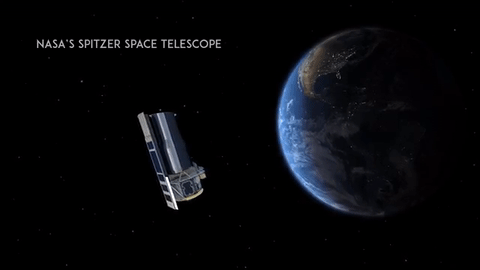
This exoplanet system is called TRAPPIST-1, named for The Transiting Planets and Planetesimals Small Telescope (TRAPPIST) in Chile. In May 2016, researchers using TRAPPIST announced they had discovered three planets in the system.

Assisted by several ground-based telescopes, Spitzer confirmed the existence of two of these planets and discovered five additional ones, increasing the number of known planets in the system to seven.
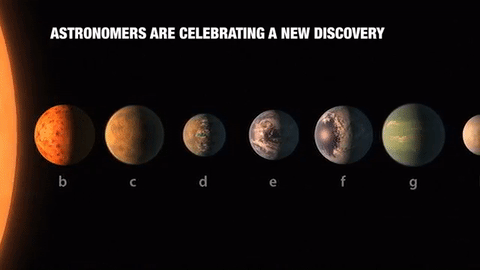
This is the FIRST time three terrestrial planets have been found in the habitable zone of a star, and this is the FIRST time we have been able to measure both the masses and the radius for habitable zone Earth-sized planets.
All of these seven planets could have liquid water, key to life as we know it, under the right atmospheric conditions, but the chances are highest with the three in the habitable zone.

At about 40 light-years (235 trillion miles) from Earth, the system of planets is relatively close to us, in the constellation Aquarius. Because they are located outside of our solar system, these planets are scientifically known as exoplanets. To clarify, exoplanets are planets outside our solar system that orbit a sun-like star.

In this animation, you can see the planets orbiting the star, with the green area representing the famous habitable zone, defined as the range of distance to the star for which an Earth-like planet is the most likely to harbor abundant liquid water on its surface. Planets e, f and g fall in the habitable zone of the star.
Using Spitzer data, the team precisely measured the sizes of the seven planets and developed first estimates of the masses of six of them. The mass of the seventh and farthest exoplanet has not yet been estimated.

For comparison…if our sun was the size of a basketball, the TRAPPIST-1 star would be the size of a golf ball.
Based on their densities, all of the TRAPPIST-1 planets are likely to be rocky. Further observations will not only help determine whether they are rich in water, but also possibly reveal whether any could have liquid water on their surfaces.
The sun at the center of this system is classified as an ultra-cool dwarf and is so cool that liquid water could survive on planets orbiting very close to it, closer than is possible on planets in our solar system. All seven of the TRAPPIST-1 planetary orbits are closer to their host star than Mercury is to our sun.

The planets also are very close to each other. How close? Well, if a person was standing on one of the planet’s surface, they could gaze up and potentially see geological features or clouds of neighboring worlds, which would sometimes appear larger than the moon in Earth’s sky.

The planets may also be tidally-locked to their star, which means the same side of the planet is always facing the star, therefore each side is either perpetual day or night. This could mean they have weather patterns totally unlike those on Earth, such as strong wind blowing from the day side to the night side, and extreme temperature changes.

Because most TRAPPIST-1 planets are likely to be rocky, and they are very close to one another, scientists view the Galilean moons of Jupiter – lo, Europa, Callisto, Ganymede – as good comparisons in our solar system. All of these moons are also tidally locked to Jupiter. The TRAPPIST-1 star is only slightly wider than Jupiter, yet much warmer.
How Did the Spitzer Space Telescope Detect this System?
Spitzer, an infrared telescope that trails Earth as it orbits the sun, was well-suited for studying TRAPPIST-1 because the star glows brightest in infrared light, whose wavelengths are longer than the eye can see. Spitzer is uniquely positioned in its orbit to observe enough crossing (aka transits) of the planets in front of the host star to reveal the complex architecture of the system.

Every time a planet passes by, or transits, a star, it blocks out some light. Spitzer measured the dips in light and based on how big the dip, you can determine the size of the planet. The timing of the transits tells you how long it takes for the planet to orbit the star.

The TRAPPIST-1 system provides one of the best opportunities in the next decade to study the atmospheres around Earth-size planets. Spitzer, Hubble and Kepler will help astronomers plan for follow-up studies using our upcoming James Webb Space Telescope, launching in 2018. With much greater sensitivity, Webb will be able to detect the chemical fingerprints of water, methane, oxygen, ozone and other components of a planet’s atmosphere.
At 40 light-years away, humans won’t be visiting this system in person anytime soon…that said…this poster can help us imagine what it would be like:

Make sure to follow us on Tumblr for your regular dose of space: http://nasa.tumblr.com